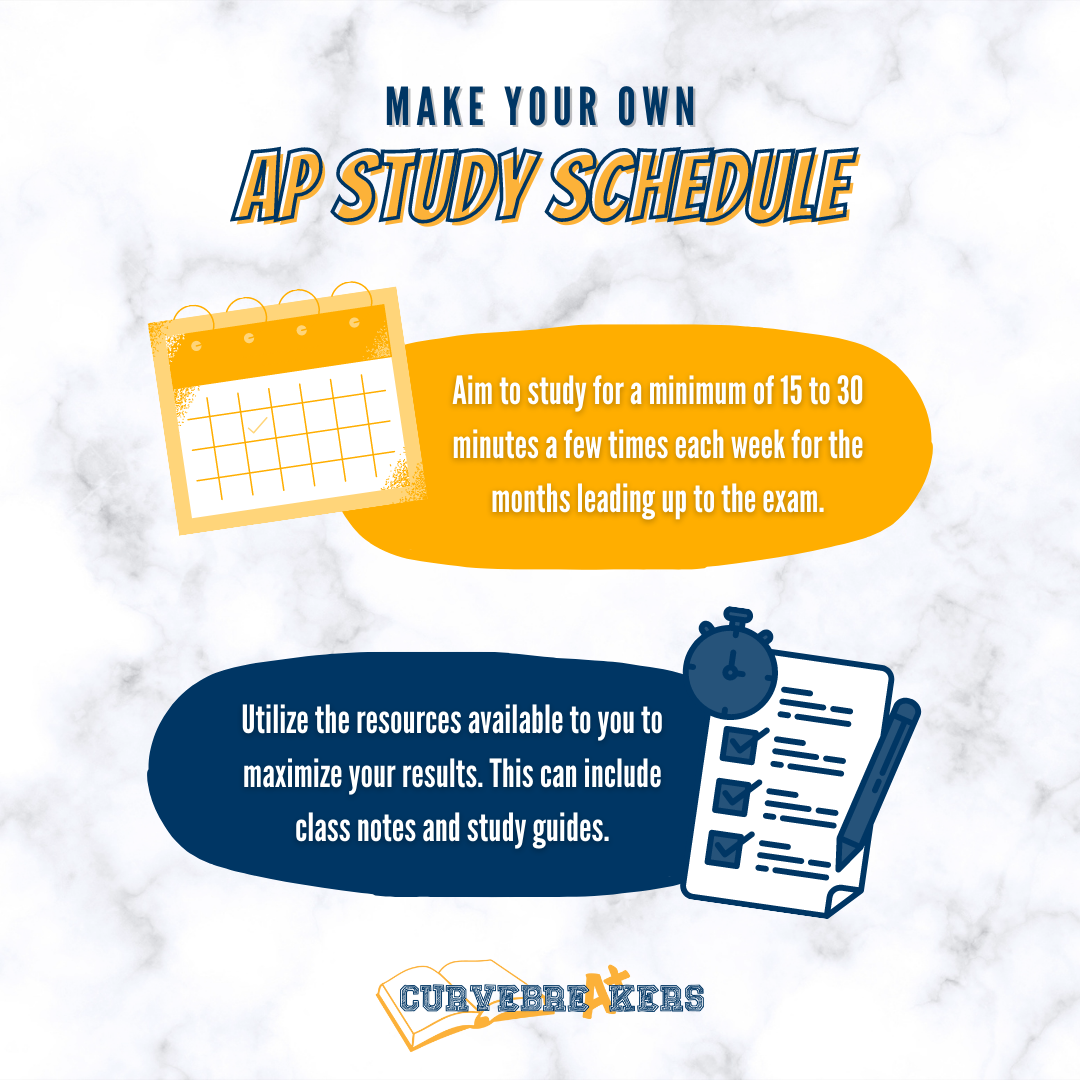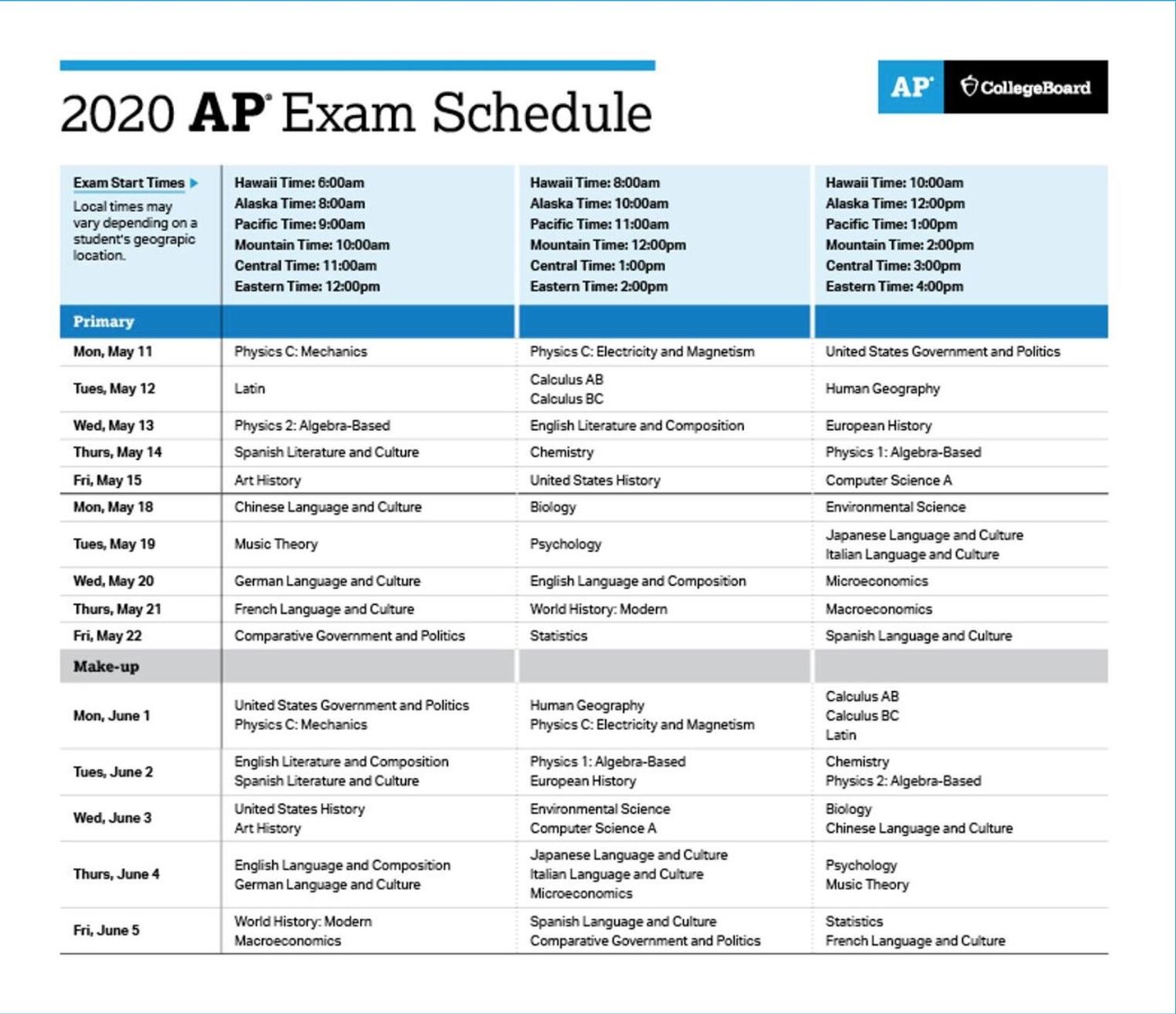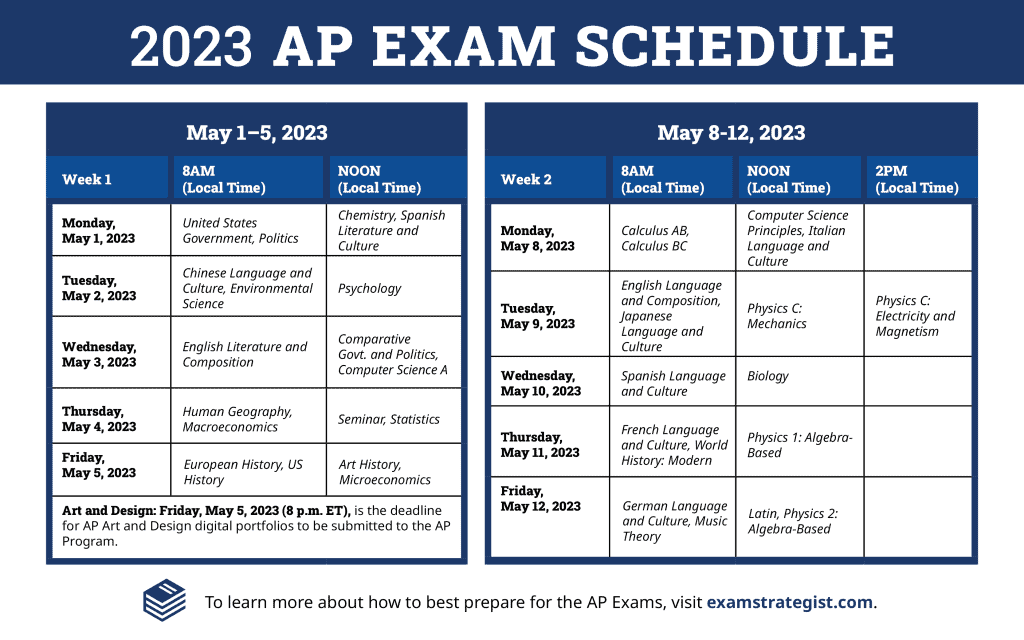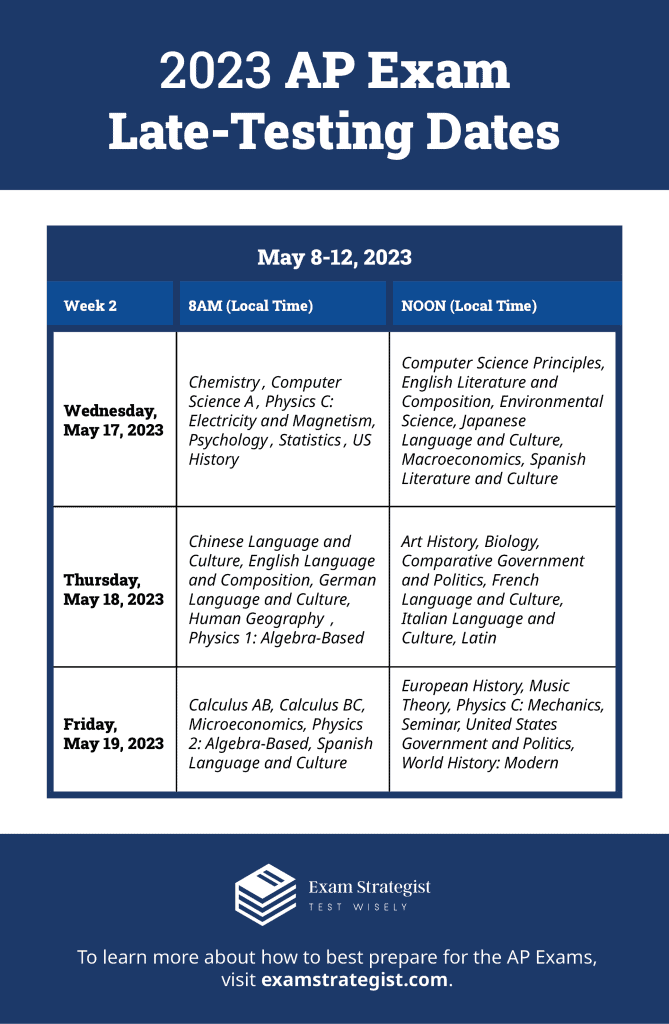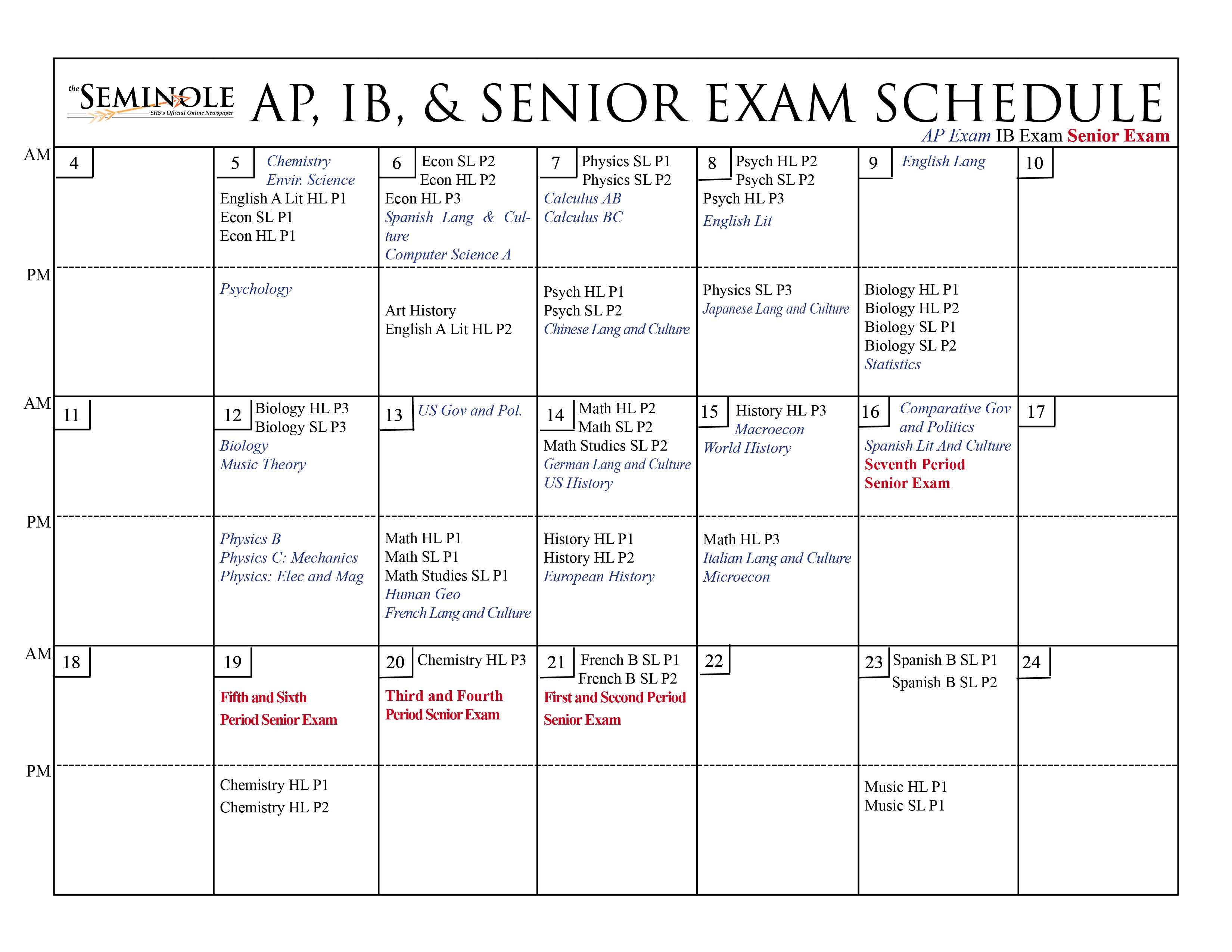
Mastering the AP Exam: A Comprehensive Reading Schedule for 2025
The AP exams are a challenging but rewarding experience that can open doors to college credit and demonstrate your academic prowess. To excel on these exams, a well-structured reading schedule is essential. This article provides a comprehensive guide for preparing for the 2025 AP exams, focusing on effective reading strategies and a detailed timeline.
Understanding the AP Exam Structure
Before diving into the reading schedule, it’s crucial to understand the structure of the AP exams. Each exam consists of two sections:
- Multiple Choice: This section tests your knowledge of key concepts, theories, and historical events. It typically comprises 50-60 questions, with varying formats including single-answer, multiple-choice, and matching.
- Free Response: This section assesses your ability to analyze, synthesize, and apply your knowledge in a written format. It usually involves 3-4 essay questions, requiring you to craft well-structured arguments and provide evidence from the texts you’ve studied.
The Importance of Reading in AP Exam Preparation
Reading plays a pivotal role in preparing for AP exams. It helps you:
- Develop a strong understanding of key concepts and theories: By reading textbooks, primary sources, and supplemental materials, you gain a deeper understanding of the subject matter.
- Familiarize yourself with different perspectives and interpretations: Exposure to diverse viewpoints through reading allows you to develop critical thinking skills and form informed opinions.
- Strengthen your writing skills: Reading effectively helps you identify strong arguments, analyze evidence, and articulate your own ideas in a clear and concise manner.
- Build your vocabulary and reading comprehension skills: Extensive reading exposes you to complex vocabulary and enhances your ability to interpret and analyze texts.
Creating a Personalized Reading Schedule
A personalized reading schedule tailored to your individual needs and learning style is key to maximizing your AP exam preparation. Here’s a step-by-step guide to creating a schedule:
- Identify your target AP exams: Begin by deciding which AP exams you plan to take in 2025. This will help you focus your reading efforts and allocate your time efficiently.
- Determine your starting point: Assess your current knowledge base in each subject. Are you starting from scratch, or do you have a strong foundation? This will influence the amount of reading you need to do.
- Set realistic goals: Break down your reading into manageable chunks. Avoid overwhelming yourself with too much material at once.
- Allocate time for each subject: Consider your other commitments, such as schoolwork, extracurricular activities, and personal life, when allocating time for reading.
- Prioritize essential readings: Focus on the most important texts recommended by your teacher or the College Board. These may include textbooks, primary sources, and study guides.
- Incorporate active reading techniques: Don’t just passively read. Take notes, highlight key concepts, and ask yourself questions about the material.
- Review and reinforce: Regularly review what you’ve read to solidify your understanding and improve your retention.
A Sample Reading Schedule for 2025
This sample schedule assumes you’re starting your AP exam preparation in the summer before your senior year. It can be adjusted based on your individual needs and learning style.
Summer 2024:
- June-July: Begin with a general overview of each subject. Read introductory chapters in your textbooks or explore online resources to get a foundational understanding.
- August: Focus on reading primary sources and historical documents relevant to your chosen AP exams. This will help you develop a deeper understanding of the subject matter and gain insights into different perspectives.
- September: Start delving into more specialized topics within each subject. Read chapters from your textbooks that align with the specific content covered in the AP exam.
- October: Begin practicing multiple-choice questions and essays. Use practice tests and past exam questions to assess your understanding and identify areas where you need to improve.
Fall 2024:
- November-December: Continue reading and practicing, focusing on the most challenging topics or areas where you need additional support. Attend study sessions or workshops offered by your school or online.
- January: Take a practice AP exam under timed conditions to simulate the real exam experience. This will help you identify areas where you need to improve your pacing and time management.
- February-March: Review your notes and practice questions. Focus on strengthening your weaknesses and solidifying your understanding of key concepts.
Spring 2025:
- April: Finalize your preparation by reviewing your notes, practicing past exam questions, and attending any remaining review sessions.
- May: Take the AP exams with confidence, knowing that you’ve put in the effort and have a solid understanding of the material.
Tips for Effective Reading
- Read actively: Don’t just passively read the text. Take notes, highlight key concepts, and ask yourself questions about the material.
- Annotate your readings: Write down your thoughts, questions, and connections to other texts in the margins of your books or on separate sheets of paper.
- Summarize and paraphrase: After each reading session, summarize the main points and paraphrase key concepts in your own words.
- Use flashcards: Create flashcards for important terms, concepts, and historical figures. This will help you memorize information and review it efficiently.
- Practice with past exam questions: Use past exam questions to assess your understanding of the material and identify areas where you need to improve.
- Join study groups: Collaborate with classmates to discuss the material, share insights, and motivate each other.
- Take breaks: Avoid burnout by taking regular breaks to relax and recharge.
Recommended Reading Resources
- Textbooks: Your AP textbooks are essential resources that provide a comprehensive overview of the subject matter.
- Primary sources: Reading primary sources, such as historical documents, letters, and speeches, will deepen your understanding of the subject and provide valuable insights.
- Study guides: Many study guides are available for each AP exam, offering summaries, practice questions, and test-taking strategies.
- Online resources: Numerous online resources, such as Khan Academy, Crash Course, and Quizlet, offer interactive lessons, practice questions, and study materials.
Conclusion
The AP exams are a significant milestone in your academic journey. By following a structured reading schedule and employing effective reading strategies, you can maximize your preparation and achieve success on these challenging exams. Remember to personalize your schedule, set realistic goals, and stay motivated throughout the process. With dedication and hard work, you can master the AP exams and pave the way for a brighter future.

